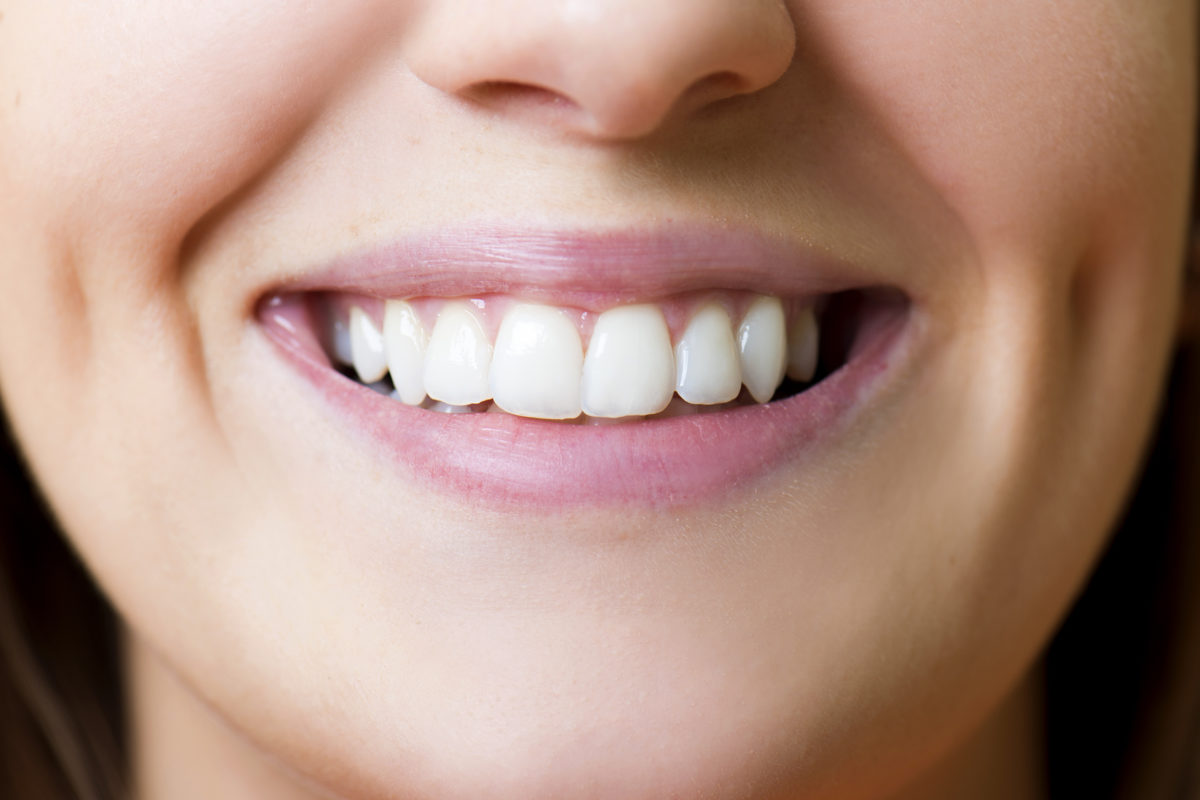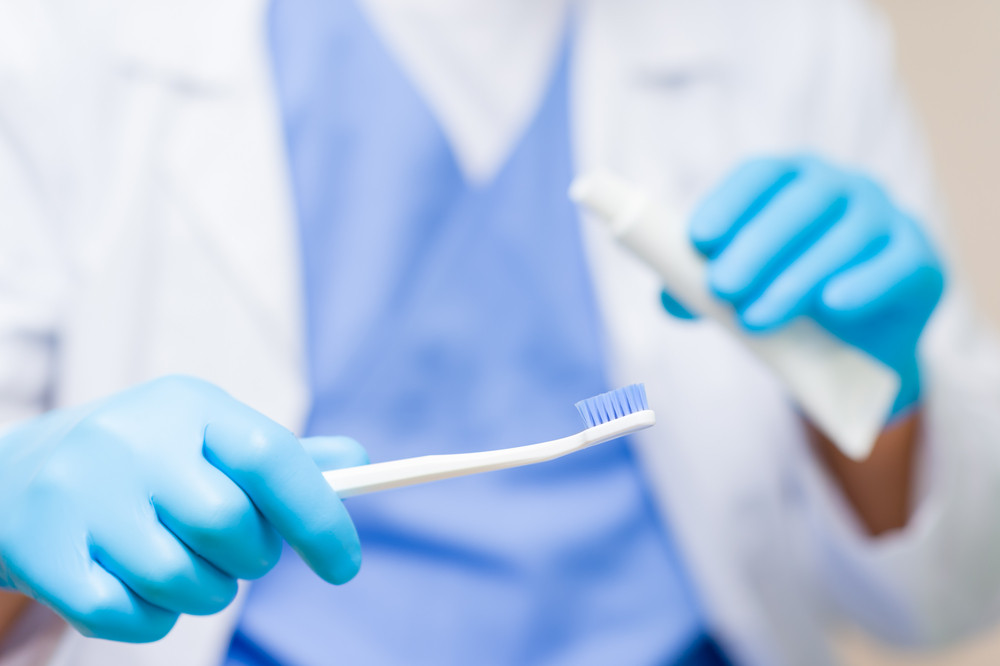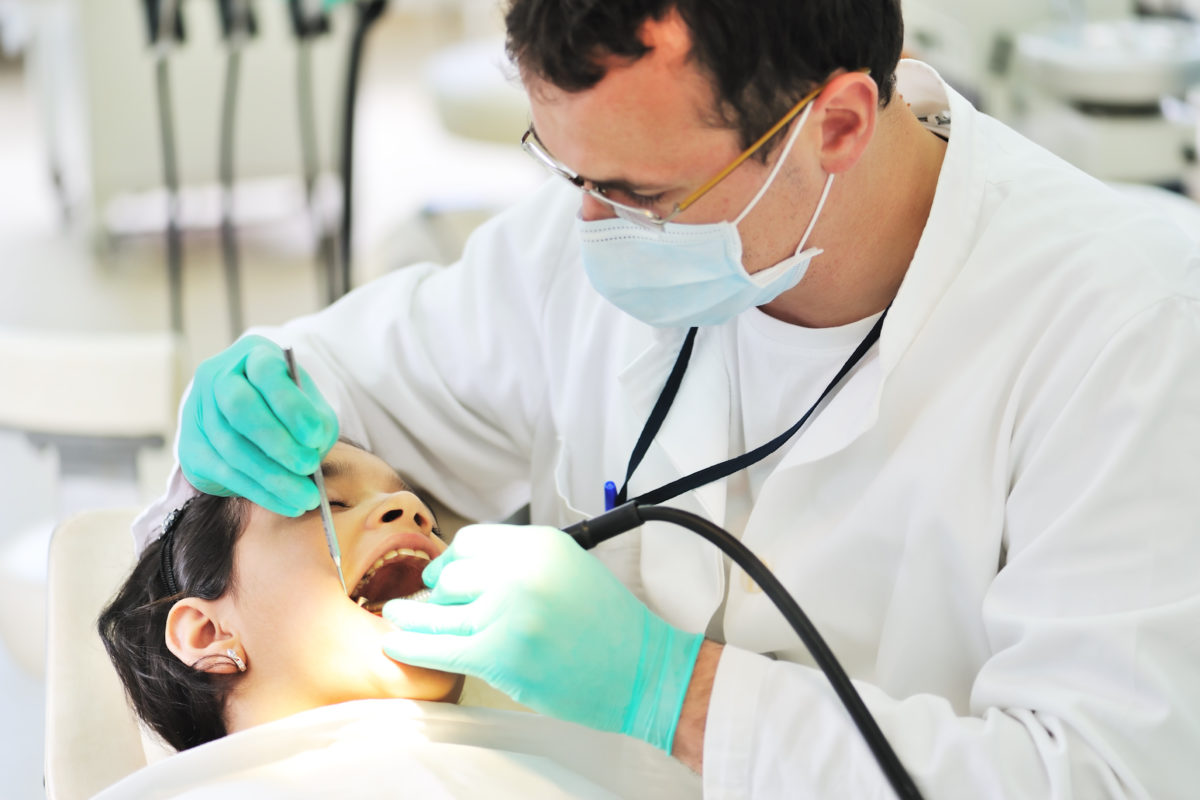Over two years, dental sealants can prevent 80% of cavities in the rear teeth, where 9 out of 10 cavities develop (per the CDC). This is why dental sealants are commonly recommended by your local dentist. To help you gain a better understanding, here are three benefits of dental sealants. 1. They are Effective in … Continue reading 3 Benefits of Dental Sealants
We all know that dental health is a large part of overall health and wellness. Unfortunately, many people do not take proper care of their teeth until it is too late, and they have lost teeth. Dental implants have become a fantastic way to replace one or several teeth. According to the AAID, modern dental … Continue reading 3 Amazing Facts About Dental Implants
Dentist offices are filled with little kids getting their teeth cleaned and checked because dentistry for children is so important — it can prevent cavities and other dental problems down the road. Here are three tips to help your child have healthy teeth and preventing cavities: 1. Brush Teeth Twice a Day With Fluoride Toothpaste … Continue reading 3 Tips For Preventing Cavities
Dental implants are arguably the best solution for severely damaged, broken, or missing teeth. According to WebMD, dental implants have a success rate of 98%. If you have dental problems and don’t know which dental solution to seek, here are six signs you may need dental implants. 1. Missing Teeth Having a missing tooth or … Continue reading 6 Warning Signs You May Need Dental Implants
By the time your little one has a full set of baby teeth, you’ll likely begin to wonder when you should start taking them to the dentist. It’s important to learn when your baby needs to go to a children’s dentist as to prevent future problems. Here’s what you should know. Start Preventative Care Early … Continue reading When Should I Start Taking My Child to the Dentist?




